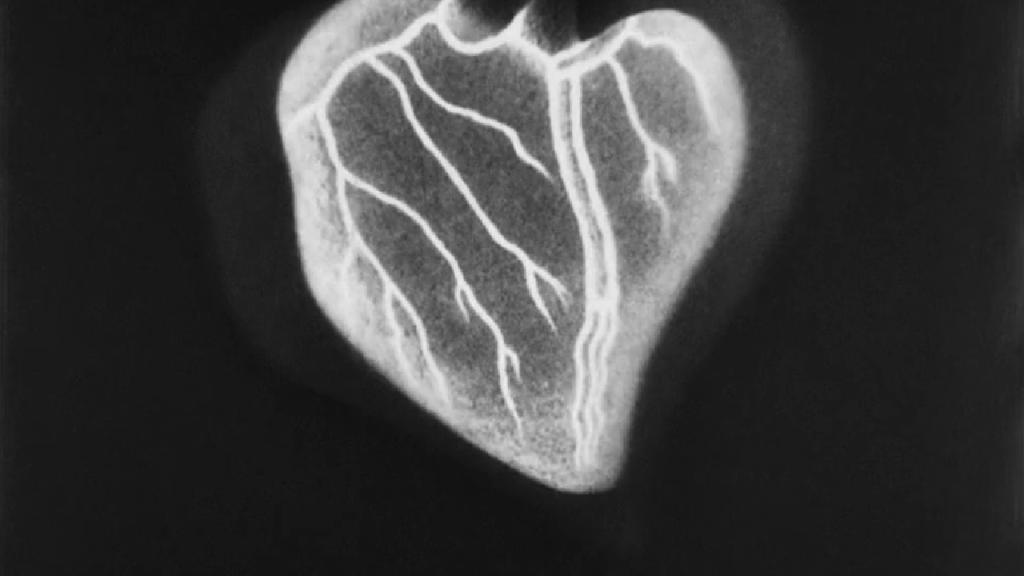Europa + Niemandsland
Europa (Europe)
Franciszka Themerson, Stefan Themerson, Poland 1932, 12 min. Silent with soundtrack, DCP
Niemandsland (No Man’s Land)
Victor Trivas, Germany 1931, 96 min. German, English, French, Russian, Yiddish, 35mm
Europe in the early 1930s - two films rooted in the past, present and future of turbulent times:
Based on the poem Europa by Anatol Stern, Stefan and Franciszka Themerson created a poetic visualization of an oppressive view on the European condition between the two wars, making use of animation, trick photography, negative images, and double exposures. The film was considered lost for many years until it was rediscovered only in 2019 by the Pilecki-Institute at Germany’s Bundesarchiv and subsequently digitally restored.
In Niemandsland five men with different backgrounds and nations are taken out of their daily lives by World War I and find shelter between the trenches. The group overcome their initial distrust of one another to fight together for peace. An experiment which moves between silent and sound film, this pacifist and truly transnational cinematic work by Russian-born director Victor Trivas attempts to reveal the absurdities of war. Extraordinary is the depiction of Louis Douglas’ character - one of the very few starring roles of an African American in Weimar cinema. (FH)
Florian Höhensteiger is a film archivist at the Bundesarchiv (German Federal Archives) by day and a film projectionist at SİNEMA TRANSTOPIA by night. He has run nitrate films for the Nitrate Picture Show at the George Eastman Museum in Rochester and taught film projection with the Film Heritage Foundation and Goethe-Institute in Mumbai. He curates film programs for Cinegraph Babelsberg e.V.

